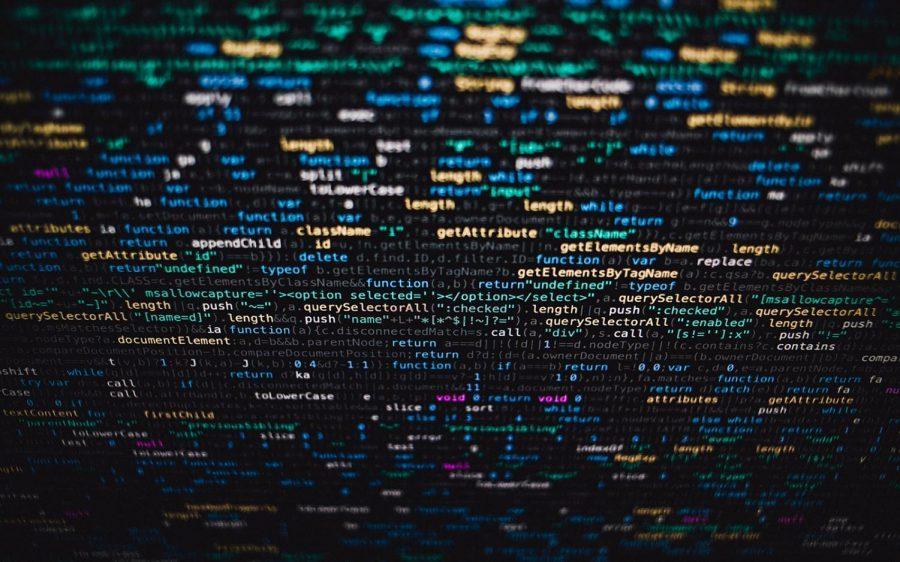Oceanside study underscores Digital Equity Plan for online access
October 22, 2022
![]() Citywide access to high-speed internet, digital devices and skills training are the foundation of a Digital Equity Plan developed by Oceanside officials based on feedback received from community members, according to a city study announced Monday, Oct. 17.
Citywide access to high-speed internet, digital devices and skills training are the foundation of a Digital Equity Plan developed by Oceanside officials based on feedback received from community members, according to a city study announced Monday, Oct. 17.
The Digital Equity Plan, funded through the national American Rescue Plan, aims to understand and address Oceanside’s digital divide, the city stated in its report on the study.
“The pandemic greatly illuminated just how essential access to the internet is for school, work, medical care, and more,” the report states. “To build a deeper understanding, the City conducted a data analysis and engaged community members to gain insights into the unique challenges, barriers, and opportunities related to digital equity.”
Challenges in Sacramento
The National Digital Inclusion Alliance, a nonprofit that works to boost digital access in communities, defines the digital divide as “the gap between those who have affordable access, skills, and support to effectively engage online and those who do not.”
Low-income households, rural residents, people of color, indigenous populations, people with disabilities and the elderly are those most affected by unequal access to online services and digital devices, according to the organization.
Oceanside became a topic of discussion in Sacramento earlier this year when Assemblywoman Tasha Boerner Horvath (D-Encinitas) said that the city “has typically been left behind” when it comes to state and local efforts to expand digital access across its communities. Her comments, reported by the nonprofit news organization Capital & Main, were made during an April 6 committee hearing on whether to allow price caps on internet plans offered by large-scale technology providers such as AT&T and Cox.
Assembly Bill 2749 — which aimed to open grants to digital-service providers through $6 billion in federal COVID-19 pandemic relief funds but was criticized for reportedly favoring corporate interests — was vetoed by Gov. Gavin Newsom on Sept. 29.
“Most concerning, this bill exacerbates the challenges of issuing grants for last-mile funding by delaying the solicitation, review, and approval of project applications that meet clear requirements designed to ensure that awarded broadband projects deliver on their promise of providing affordable, quality and reliable service,” Newsom wrote in his veto statement.
Oceanside’s plan
Oceanside city leaders were already looking to expand access to reliable high-speed internet service, which the report refers to as one of the three pillars of the Digital Equity Plan, as far back as May when they approved a contract with SiFi Networks Oceanside LLC to install a citywide fiber network in the next four years.
Under the agreement, approved by the City Council on May 4, SiFi Networks Oceanside is expected to install the network on every public street at no cost to the city, an investment of about $200 million. SiFi would own the network and be responsible for its maintenance, and it would sell access to internet service providers.
“The agreement with SiFi Networks advances Oceanside’s Digital Equity Plan and can help attract green tech and other forward-thinking companies that need this essential service,” City Manager Jonathan Borrego said in the city’s report.
While Oceanside residents and businesses wouldn’t need to change their current internet service providers, a low-income program would be available to help make high-speed access more accessible to those who otherwise couldn’t afford it.
“This effort includes a dedicated low-income program offering gigabyte speed fiber access at a current cost of $30 per month,” Mayor Esther Sanchez said in the report. “The recently passed Bipartisan Infrastructure Law offers eligible households additional ways to reduce internet service costs through the new Affordable Connectivity Program. We’re excited about advancing the City’s Digital Equity Plan through this and other evolving efforts.”
The second and third pillars of the city’s Digital Equity Plan refer to access to digital devices and training. In those efforts, the Oceanside Public Library offers digital devices for checkout with a library card. Free computer access is also available at Oceanside’s community centers.
The library also holds digital literacy classes weekly at its Mission Branch, 3861-B Mission Ave., on Mondays from 9 a.m. to noon. The report also noted MiraCosta College’s beginner classes for older adults. The city aims to develop literacy resources through local collaborations and one-on-one sessions.
More information about the city’s Digital Equity Study is available at www.ci.oceanside.ca.us/gov/manager/communications/digital_equity_study.asp.
OsideNews is an edition of the North Coast Current.





